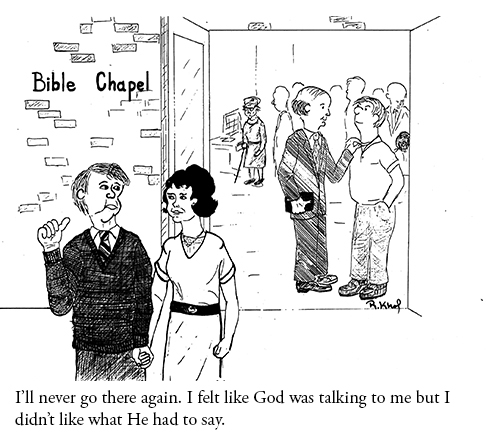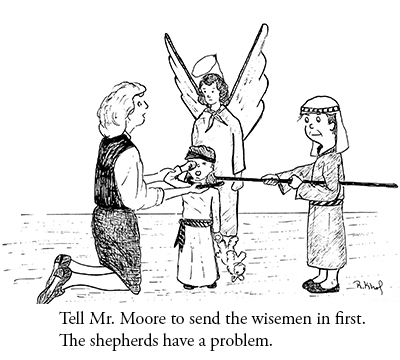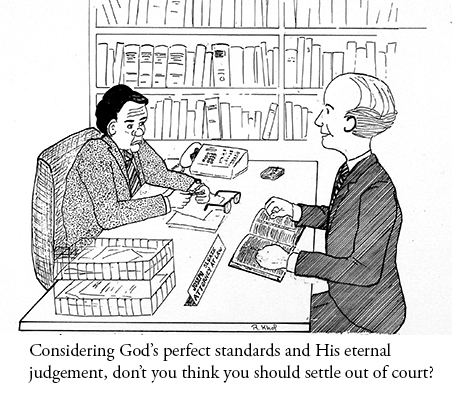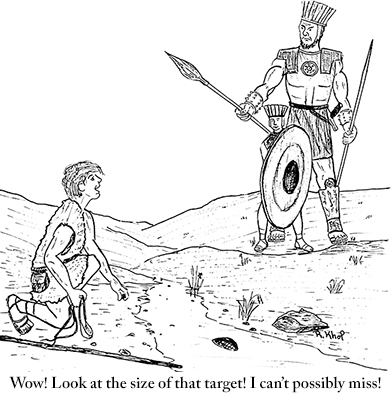Indeed I have given him as a witness to the
people, A leader and commander for the people.
Isaiah 55:4
As Leader and Commander, Christ must be followed and obeyed. He needs to take over and control a person’s life, or no transformation can take place. Unfortunately, some people just want to “invite Jesus into their heart” and expect Him to be a quiet, polite guest who minds His own business and leaves them in charge of daily activities. The bottom line is that they’re still lost, because they don’t have the faith to believe that He is the boss and they must obey Him.
Jesus is the Way to Heaven, which is great, since no one else knows how to get there. He’s also the Leader for those who trust Him to lead them…
-from a lost condition into one of positive direction.
-from a sin-cursed world into the New Jerusalem.
-from sorrow into joy.
-from loneliness into fellowship.
-from pain into healing.
-from dryness of spirit to the still waters.
A leader also commands troops into battle, and that connects with the second part of the title: Commander. Christians are on the winning side of a spiritual war waged against the devil and his hosts. Unfortunately, many battles are lost, because many in the Lord’s army don’t obey their orders. Many so-called believers call themselves independent Christians who feel that obedience is optional, whether to church leaders or to Christ, their Commander-in-Chief.
Salvation by grace through faith is one of the basic tenets of Christianity, but it must be understood that faith is agreement with God. It is saying, “Yes sir, I’ll do what you say” to the Leader and Commander of the Universe.
March 14









